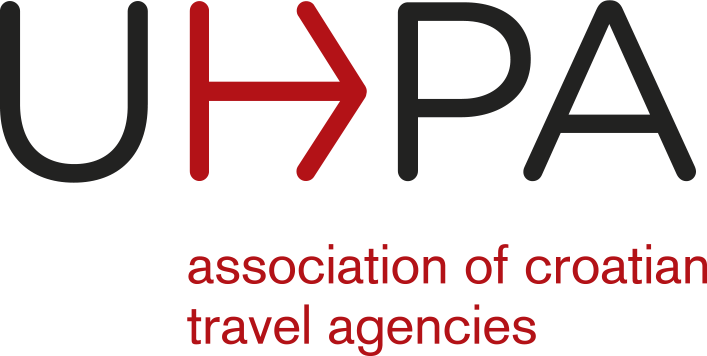The Association of Croatian Travel Agencies (UHPA) launched the Discover Croatia programme with the financial support of the Ministry of Tourism in 2010. The purpose of the programme was to reposition the image and reality of Croatian tourism, moving away from the tourism of ‘sun and sea’ toward developing special interest tourism. With a focus on developing tourism offers in underdeveloped areas, the programme aimed to reduce the negative impact of the seasonality of Croatian tourism and to increase the occupancy and profitability of tourism enterprises, bringing down unemployment and population displacement.
A comprehensive programme, Discover Croatia involved transforming travel agencies in underdeveloped areas into competent Destination Management Companies with around 2000 new special interest (thematic) travel programmes (packages). These new programmes were expected to be developed mainly in cooperation with local experts with relevant competences (e.g. archaeologists, botanists, geologists, oenologists, artisans, photographers, free-lancers, chefs etc.).
Discover Croatia is a good example of a project that represents a systematic approach to changing the nature of an area’s tourism offer, which exemplifies a number of EU policy objectives. It combines the key industry objective of extending the main season with tourism service diversification beyond the traditional “sea and sun” offer, stretched to include other parts of the country and to promote high quality and sustainable tourism services. Aspects of sustainability are integrated into the purpose of the programme as it aims to relieve the pressure on coastal area environments from the over-concentration of tourism activity, while, at the same time, its special interest tourism and DMC development approach are geared toward developing sustainable, value-based tourism activity on the mainland.
The Discover Croatia project has attracted interest from neighbouring countries (Slovenia, Montenegro, Serbia, Hungary, and Italy) for its cross-border tourism programme development potential and the adoption of the basic principles of the project – special interest tourism, DMC creation with support in training and marketing efforts. As such, the programme falls within the European Commission’s policy on promoting transnational thematic tourism products.
Another interesting aspect of the project was the involvement of non-industry experts who supported the development of special interest tourism packages and participated in their provision. This brought a fresh perspective to the initiative, making productive use of existing local knowledge and expertise, contributing to job creation outside the tourism services sector core and facilitating a greater connection between service providers and the local economy.

